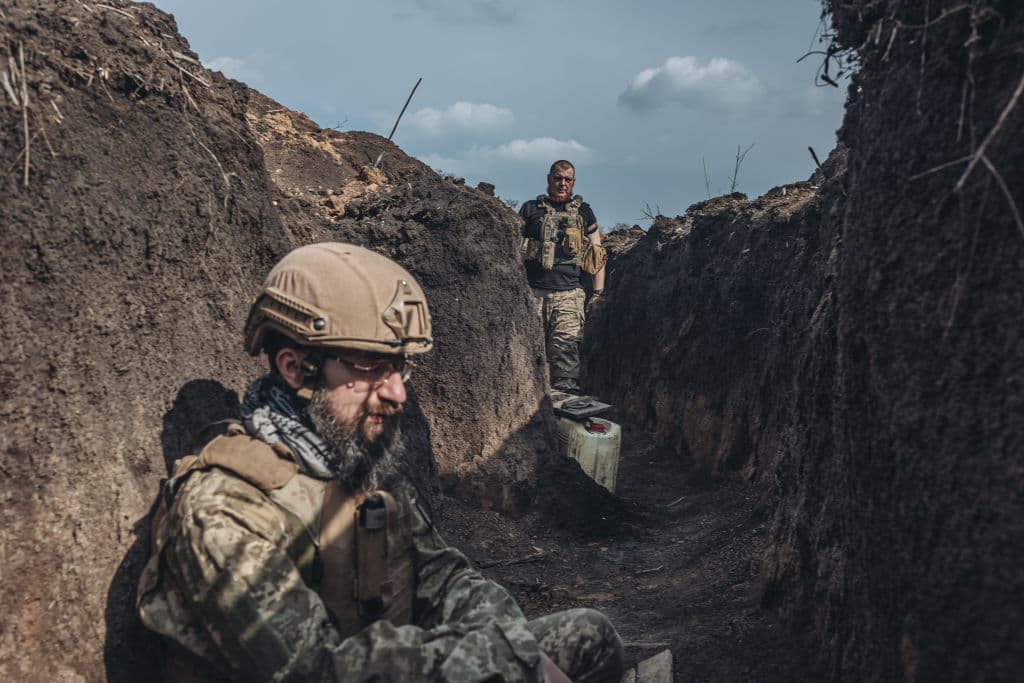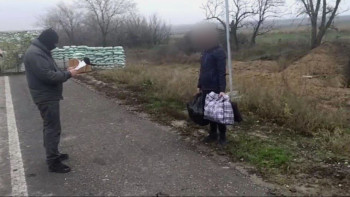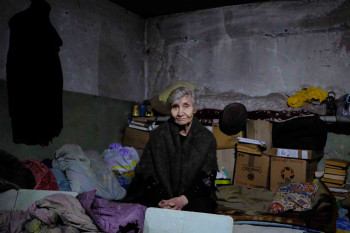UN human rights monitors report torture, killing of POWs in Ukraine

UN human rights monitors have documented ill-treatment, torture, sexual abuse and the arbitrary executions and detentions of both Ukrainian and Russian prisoners of war during Russia's war against Ukraine.
The UN Human Rights Office’s mission in Ukraine on March 24 released its findings on the treatment of POWs in Ukraine during Russia's war as well as an update on human rights violations over a six-month period that ran until Jan. 31, 2023.
The findings are based on interviews with more than 400 POWs, half of them Ukrainians following their release and the other half Russians held captive in Ukraine, and more than a hundred interviews with civilians.
The UN recorded the arbitrary execution of 15 Ukrainian POWs shortly after they were captured by Russian forces, adding that it was Kremlin-backed private mercenary Wagner Group contract soldiers that carried out 11 of these executions.
The report also said it had evidence of the arbitrary executions of up to 25 Russian prisoners of war by Ukraine's Armed Forces. The UN human rights office said that while it was aware that Ukraine's authorities had opened investigations into five cases involving 22 Russian POWs, it had "no record of any legal proceedings against the alleged perpetrators."
Ukraine's ombudsman Dmytro Lubinets denied violations on the Ukrainian side and demanded evidence from the mission, saying that "Ukraine adheres to the Geneva Conventions, international law and is open to international organizations."
"It is Russia that has criminally invaded our land, kills and kidnaps Ukrainian citizens, and still blocks access to our prisoners of war. The scale of inhumane treatment and torture is hidden," he said.
According to Lubinets, the issue of the treatment of Russian POWs was "never raised" during repeated personal meetings with the head of the mission, Matilda Bogner, and the permanent coordinator of the UN mission in Ukraine, Denise Brown.
The UN interviewed 203 Ukrainian POWs, who reported that Russian soldiers and FSB officers "tortured and ill-treated them in order to obtain military information, to intimidate or humiliate them, or take revenge." According to the report, "the conditions of detention of many Ukrainian prisoners of war in Russian captivity were shocking."
Torture included beatings, electric shocks, and in some cases, gunshot or stab wounds to the limbs. Mock executions were also common, the UN said. Access to health care was often inadequate or non-existent. The report describes how five prisoners of war died during internment due to a lack of medical care.
Almost half of the 229 Russian POWs the UN human rights monitors interviewed reported being tortured or ill-treated by members of Ukraine's military and the SBU, and to a lesser extent by prison staff.
The monitors also interviewed 127 civilians who had been detained and then released, 90% of which reported that members of the Russian Armed Forces and the Russian Security Service had tortured and ill-treated them during detention, including with sexual violence in some cases.
In the Russian-occupied territories of Ukraine, the UN documented arbitrary executions and attacks on individual civilians by the Russian military, as well as widespread arbitrary detentions and enforced disappearances.
Since the start of Russia's full-scale invasion of Ukraine, the UN Office for Human Rights has documented 621 cases of enforced disappearances and arbitrary detentions of civilians by the Russian Armed Forces. As of this week, the office has documented more than 8,000 civilian deaths and nearly 14,000 wounded, although that figure is expected to be much higher, the UN said.
More than 90% of casualties were caused by rockets, explosive weapons or mines, and explosive remnants of war, according to the UN.











